Last updated on February 18, 2024
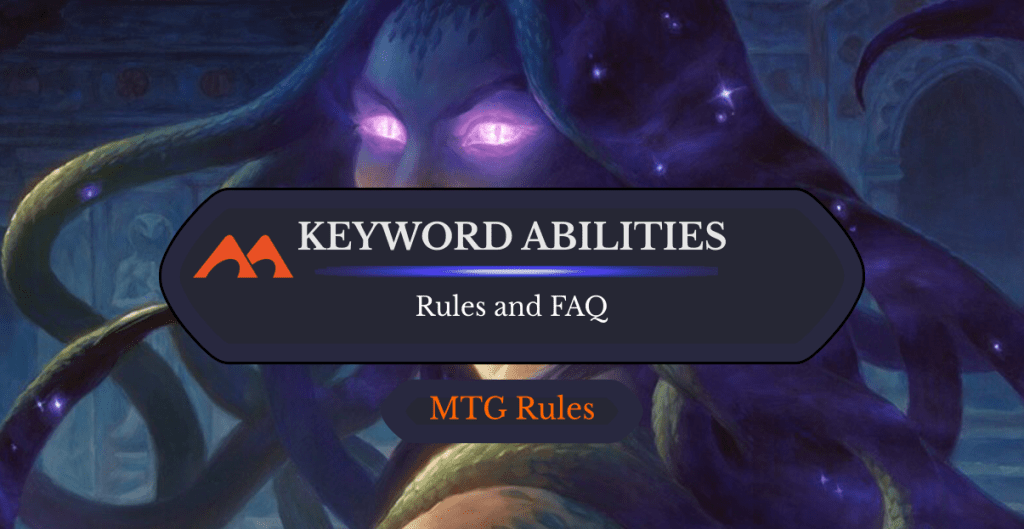
Archetype of Finality | Illustration by Chris Rahn
If you ask an MTG player if the liked a random MTG set or not, chances are that they’ll tell you about the set’s mechanics. “Sure, I remember Ravnica. Populate was cool, and cipher was total garbage.” In this example, cipher is a keyword ability while populate is not, but the fact is most set mechanics are actually keyword abilities.
Keyword abilities are one of the keys to MTG’s longevity as a card game. Just by adding one or more keyword abilities to a given card design, you can make something new but very similar to what players would expect, and make a card interact with others in a way that just wasn’t possible before. They’re also pivotal in adjusting the power level of a card and increasing how desirable a card is to players. Today I’m going to tell you everything there is to know about keyword abilities. Do cards always have their abilities? Can you counter a card’s ability? All that and much more, so let’s dive in.
What is a Keyword Ability in Magic?
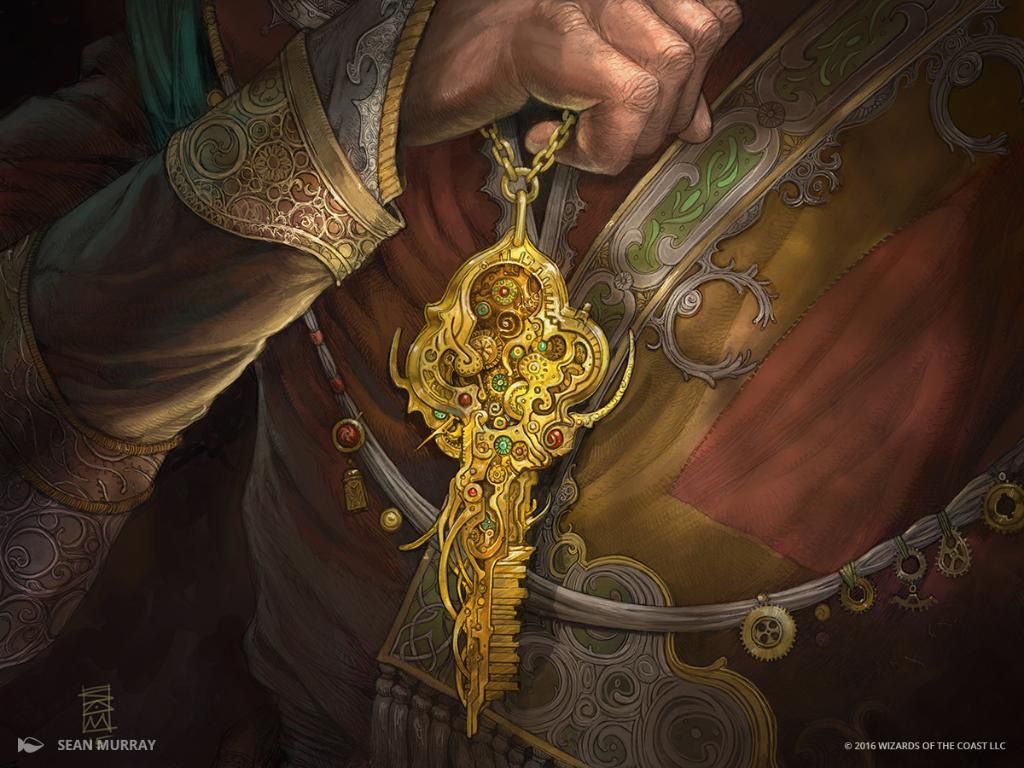
Key to the City | Illustration by Sean Murray
A keyword ability is a property that a given card has at all times. Every type of MTG card–including sorceries, creatures, artifacts, and even planeswalkers–can have abilities. The Wandering Emperor has flash, after all.
Since MTG design is very creature-centric, it’s common to have most keyword abilities applied to creatures. The best examples are the evergreen keyword abilities that we all know and love like flying, trample, and first strike. Instants and sorceries can also have specific keyword abilities on them, such as jump-start, flashback, or splice. Each MTG set has room for one or two new keyword abilities, and designers usually bring back abilities from previous sets when the opportunity arises.
Keyword Abilities vs. Triggered Abilities
Triggered abilities and keyword abilities are two different things altogether. Triggered abilities have the terms when, whenever and at to indicate the trigger condition. So they won’t matter until the trigger condition is met. Keyword abilities are active at all times.
Keyword Abilities vs. Activated Abilities
Again, these are different abilities as well. Activated abilities require you to intentionally activate an effect, usually with the cost: effect template. Sometimes you’ll need to tap a permanent to activate it, sometimes you’ll only need to pay mana, and sometimes you'll need to do both. We have the Level Up mechanic as one example of both keyword and activated abilities. The creature has the keyword ability Level Up, but it needs to be activated by paying a certain cost, so it’s also an activated ability. Scavenge and Entwine also fall into this category.
Keyword Abilities vs. Keyword Actions
Keyword action is a term in MTG’s game rules that usually refers to a game action. Examples of these are create, destroy, and exile. Instead of saying “put a creature token onto the battlefield,” the game rules just say “create a creature token.” In the same way, the action of exiling replaced the phrase “remove from the game.”
A keyword ability is not an action, it’s just a property that the card has. Going back to the intro, populate is something that the player does, so it’s a keyword action. Cipher, on the other hand, is a keyword ability, an integral property of the sorcery that has it.
Do Keyword Abilities Go on the Stack?
They don’t, unless they’re also activated/triggered abilities, then they go on the stack when they’re activated/triggered. Sometimes, an effect that grants an ability to a creature can go on the stack, like an instant that gives a creature first strike until end of turn. However, the first strike ability itself doesn’t use the stack.
Can Keyword Abilities Be Countered or Stifled?
The keyword ability itself can’t be countered, but the trigger/activation can be when it goes on the stack. You can also make some creatures lose keyword abilities due to the effect of other cards you control.
Can Creatures Lose Keyword Abilities?
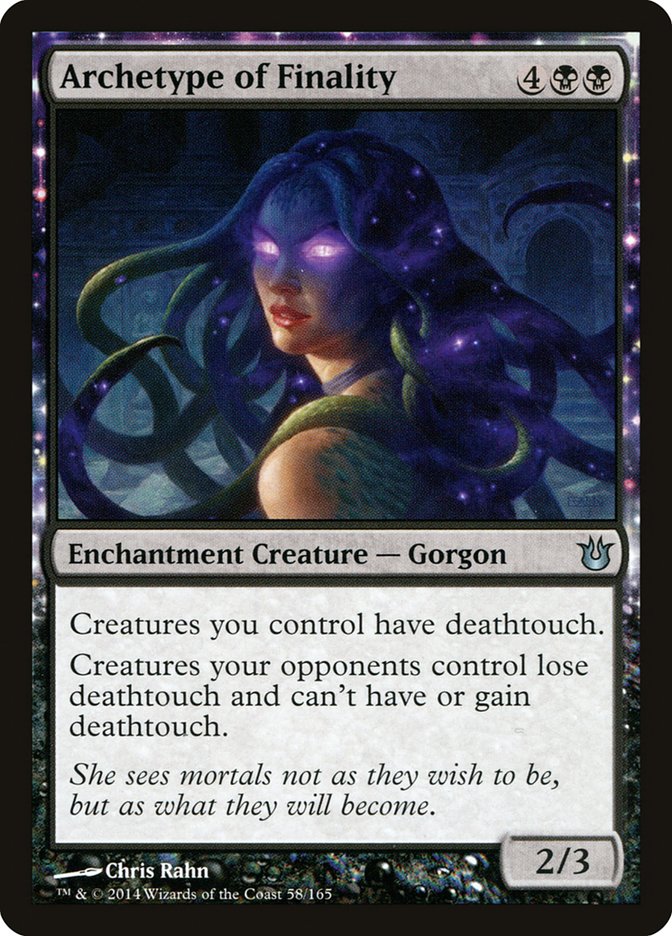
Sure. Let’s use a cycle of enchantment creatures as an example. Archetype of Finality makes creatures your opponents control lose deathtouch while it’s on the battlefield. The same happens with Archetype of Courage, a creature that makes your opponents’ creatures lose first strike.
Can Keyword Abilities Trigger Other Abilities on the Same Card?
They can’t. Either a card has a given ability or it doesn’t. It’s different from triggered abilities that will happen only when triggered, or activated abilities that need to be activated.
List of Keyword Abilities
- Absorb
- Affinity
- Afflict
- Afterlife
- Aftermath
- Amplify
- Annihilator
- Ascend
- Assist
- Aura Swap
- Awaken
- Backup
- Banding
- Battle Cry
- Bestow
- Blitz
- Bloodthirst
- Boast
- Bushido
- Buyback
- Cascade
- Casualty
- Champion
- Changeling
- Cipher
- Cleave
- Companion
- Compleated
- Conspire
- Convoke
- Crew
- Cumulative Upkeep
- Cycling
- Dash
- Daybound and Nightbound
- Deathtouch
- Decayed
- Defender
- Delve
- Demonstrate
- Dethrone
- Devoid
- Devour
- Disturb
- Double Strike
- Dredge
- Echo
- Embalm
- Emerge
- Enchant
- Encore
- Enlist
- Entwine
- Epic
- Equip
- Escalate
- Escape
- Eternalize
- Evoke
- Evolve
- Exalted
- Exploit
- Extort
- Fabricate
- Fading
- Fear
- First Strike
- Flanking
- Flash
- Flashback
- Flying
- For Mirrodin!
- Forecast
- Foretell
- Fortify
- Frenzy
- Fuse
- Graft
- Gravestorm
- Haste
- Haunt
- Hexproof
- Hidden Agenda
- Hideaway
- Horsemanship
- Improvise
- Indestructible
- Infect
- Ingest
- Intimidate
- Jump-Start
- Kicker
- Landwalk
- Level Up
- Lifelink
- Living Metal
- Living Weapon
- Madness
- Melee
- Menace
- Mentor
- Miracle
- Modular
- More Than Meets the Eye
- Morph
- Mutate
- Myriad
- Ninjutsu
- Offering
- Outlast
- Overload
- Partner
- Persist
- Phasing
- Poisonous
- Protection
- Prototype
- Provoke
- Prowess
- Prowl
- Rampage
- Ravenous
- Reach
- Read Ahead
- Rebound
- Reconfigure
- Recover
- Reinforce
- Renown
- Replicate
- Retrace
- Riot
- Ripple
- Scavenge
- Shadow
- Shroud
- Skulk
- Soulbond
- Soulshift
- Space Sculptor
- Spectacle
- Splice
- Split Second
- Squad
- Storm
- Sunburst
- Surge
- Suspend
- Totem Armor
- Toxic
- Training
- Trample
- Transfigure
- Transmute
- Tribute
- Undaunted
- Undying
- Unearth
- Unleash
- Vanishing
- Vigilance
- Visit
- Ward
- Wither
Wrap-Up
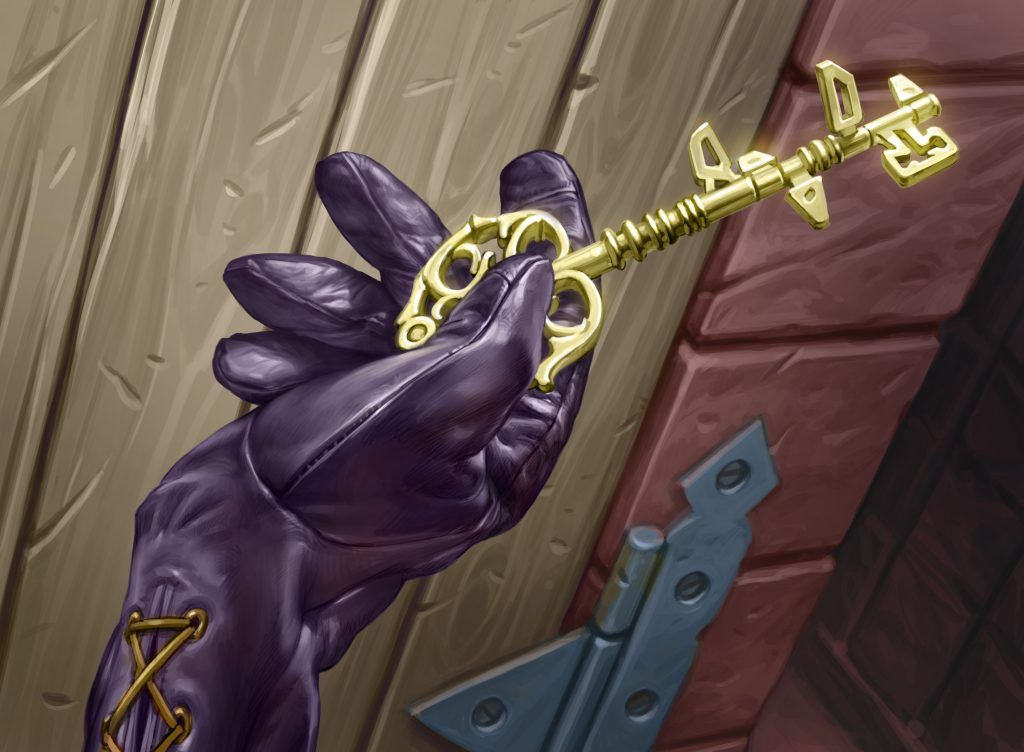
Manifold Key | Illustration by Gabor Szikszai
And that’s all we need to know about keyword abilities, folks. These are a huge part of what makes MTG design so interesting, and whenever a new set comes out we’re eager to find out what the new keywords are going to be, and how they interact not only with each other in the same set but also with all the 30 years of MTG’s past.
Were it not for keyword abilities, Baneslayer Angel would only be a big, dumb creature. Did I answer all your questions? Let me know in the comments section below, or leave us a question at Draftsim Discord.
Thanks for reading, stay safe and I’ll see you around.
Follow Draftsim for awesome articles and set updates: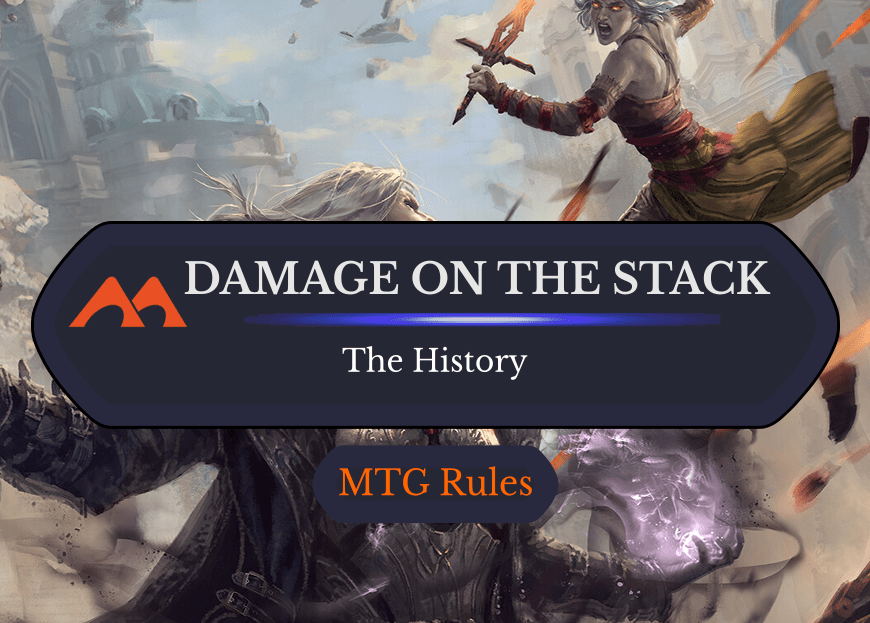
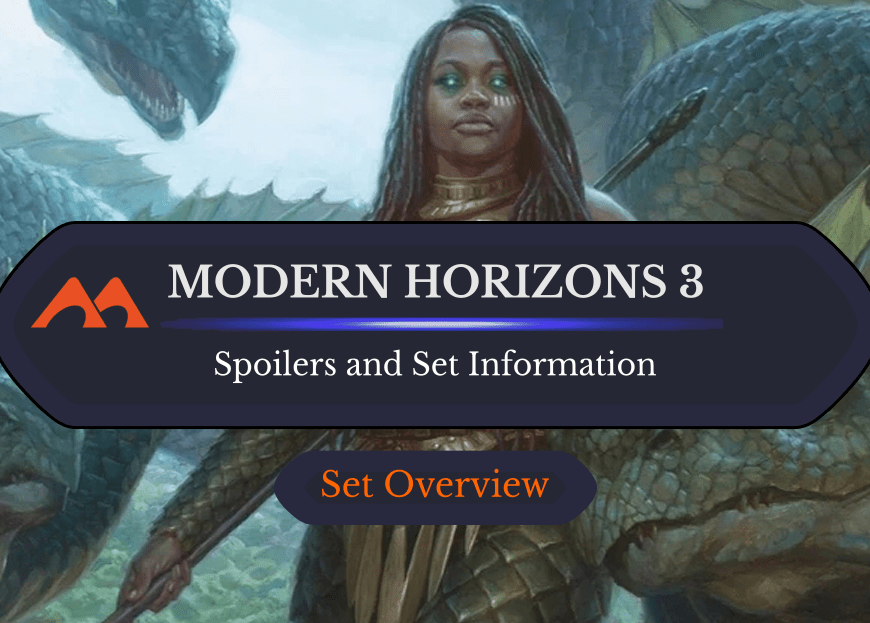
Add Comment